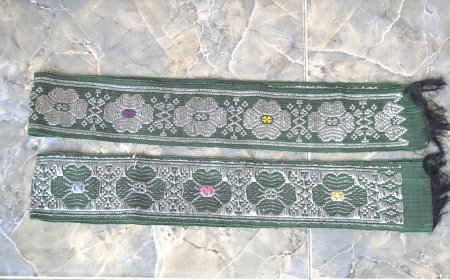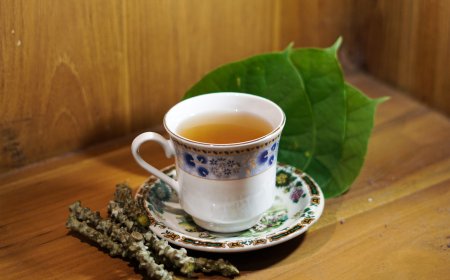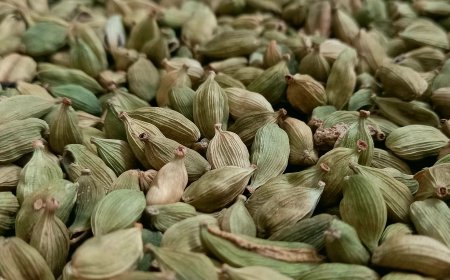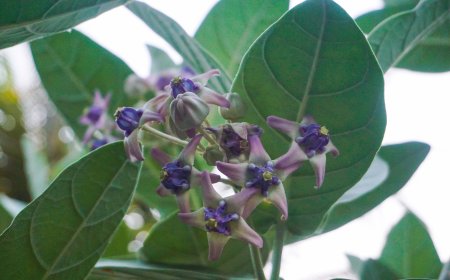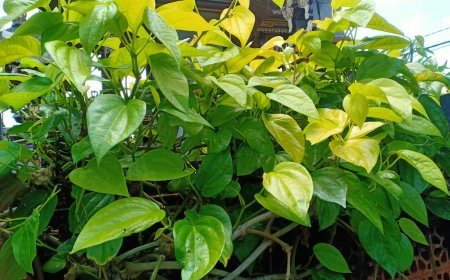The Benefits of Eucalyptus Leaves: Traditional Medicine for Relieving Itching on the Skin
Since ancient times, eucalyptus leaves have been known to treat various ailments, one of which is relieving itching on the skin caused by insect bites. The compounds found in eucalyptus leaves are believed to alleviate the symptoms of diseases. It is no surprise that the people of Bali use eucalyptus leaves in traditional medicine to address various health issues.
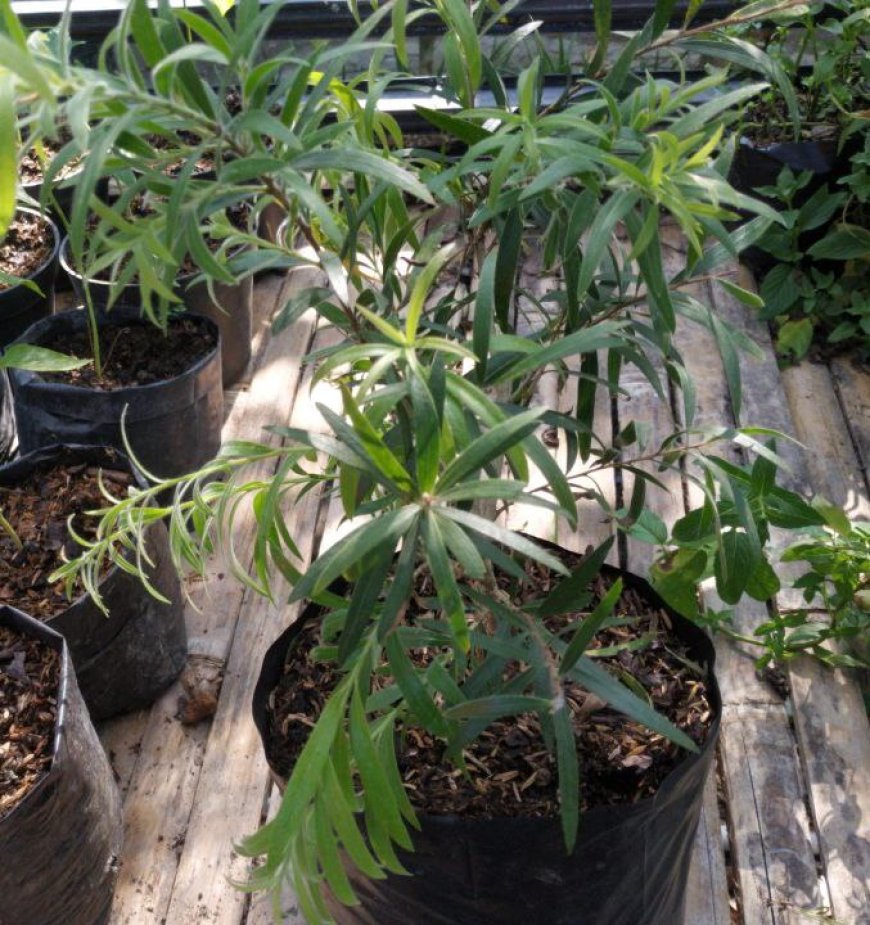
Cajuput is a type of tree belonging to the Myrtaceae family. This tree is well-known for producing essential oils that are highly beneficial, particularly from its leaves and twigs. The oil is often referred to as cajuput oil. Since ancient times, ancestors have used this plant to treat various ailments, such as in aromatherapy, relieving colds, and as a remedy for skin itchiness.
In Balinese traditional medicine, cajuput leaves hold significant importance, especially in practices found in lontar usadha (ancient manuscripts) which detail Balinese traditional healing methods. The lontar usadha describes various uses of herbal plants for healing purposes, one of which is cajuput leaves, long recognized as a versatile medicinal plant. The properties of cajuput leaves often mentioned in these manuscripts include antiseptic, anti-inflammatory, and analgesic effects, which help alleviate various health issues such as respiratory problems, joint pain, and skin infections.
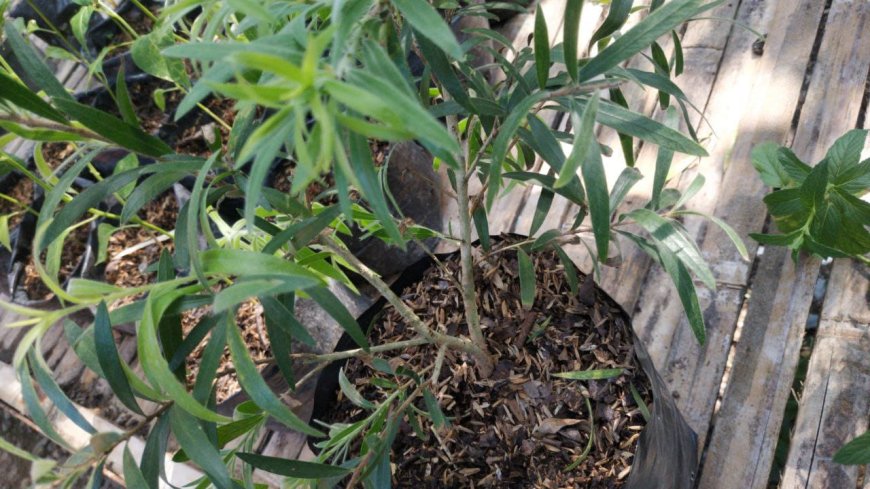
Eucalyptus Tree Used by Ancestors for Generations (Source: Private Collection)
In Usadha Bali (Balinese traditional medicine), cajuput leaves are classified under Usadha Pawedaan, because they contain cineole, terpineol, and limonene. Cineole acts as an antiseptic that kills bacteria, terpineol reduces skin inflammation, and limonene serves as an antiseptic and antifungal agent that helps reduce inflammation and fungal infections that cause skin itchiness.
These three compounds play a role in treating skin conditions, such as itchiness caused by insect bites like mosquitoes. Skin itchiness can also be caused by factors, such as fungi that lead to skin infections, usually on the feet, and bacteria that cause itchy skin sensations.
Cajuput leaves also have various names in Balinese traditional medicine, Indonesian, and English. In Balinese, it's known as Kayu Sugih, scientifically as Eucalyptus spp., in Indonesian as Kayu Putih, and in English as Eucalyptus Leaf. The leaves possess several beneficial properties, including:
- Natural antiseptic: Cajuput leaves act as a natural antiseptic, preventing infections on the skin.
- Reducing inflammation: Cajuput leaves are also effective in reducing skin inflammation accompanied by itching.
- Relieving itchiness: Extracts from cajuput leaves provide a cooling sensation when applied to itchy skin, thus reducing the itchiness.
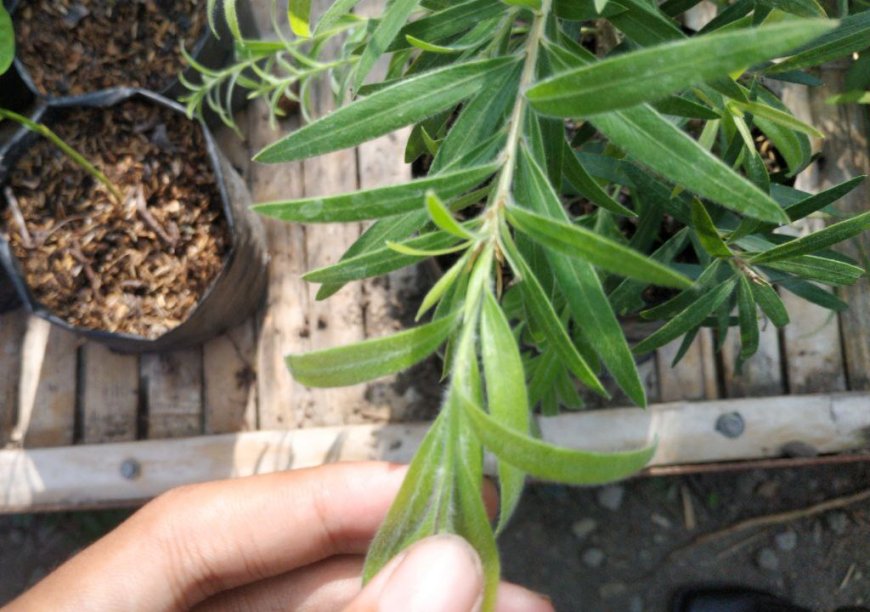
The Soothing Power of Eucalyptus Leaves (Source: Private Collection)
The history of the cajuput plant dates back to when ancestors discovered a plant with shiny white bark, which turned out to be not just an ordinary plant but one with numerous medicinal properties used since ancient times. Many Balinese people have used this plant to treat various ailments, including the leaves, which produce essential oils for aromatherapy, treating fever, flu, and cough, as well as relieving skin itchiness.
However, this plant is difficult to find due to its limited availability, making it hard to locate. Factors such as soil quality, rainfall, and altitude play a role in its scarcity. Typically, the plant thrives in lowland areas with fertile soil, adequate rainfall, and sufficient nutrients for its survival.
There are three ways to use cajuput leaves to treat skin itchiness, the steps are using cajuput oil, cajuput leaf decoctions, and making a leaf paste. All three methods should be supervised by adults and follow instructions from Usadha Bali traditional medicine.
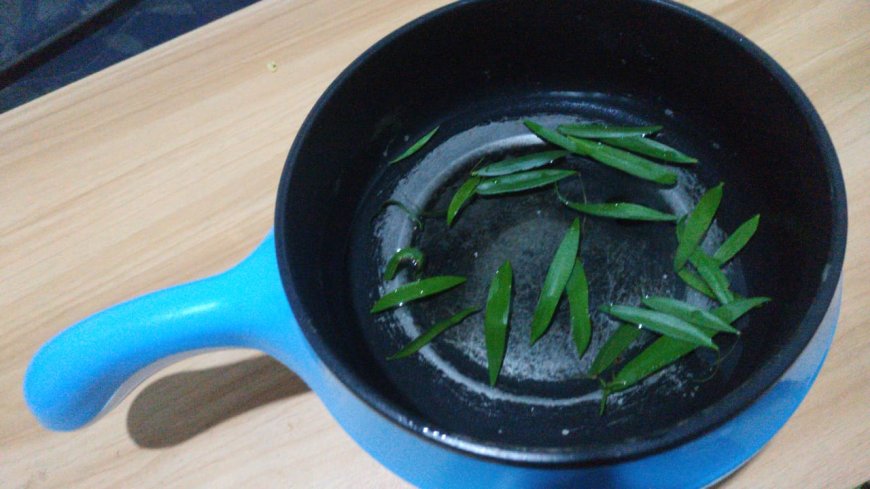
The Process of Making Eucalyptus Oil Using the Boiling Technique (Source: Private Collection)
The first method involves using cajuput oil, which is applied to itchy skin. Before applying, it is recommended to mix the oil with coconut or olive oil to avoid skin irritation, especially for sensitive skin.
The second method involves using a cajuput leaf decoction, where the leaves are boiled in water, and then the water is used as a compress on itchy skin. Be careful not to over-boil the leaves, as this can reduce their effectiveness.
The third method involves making a paste from the leaves by mashing them until they form a paste. If too thick, a little water can be added. The paste is then applied to the itchy skin.
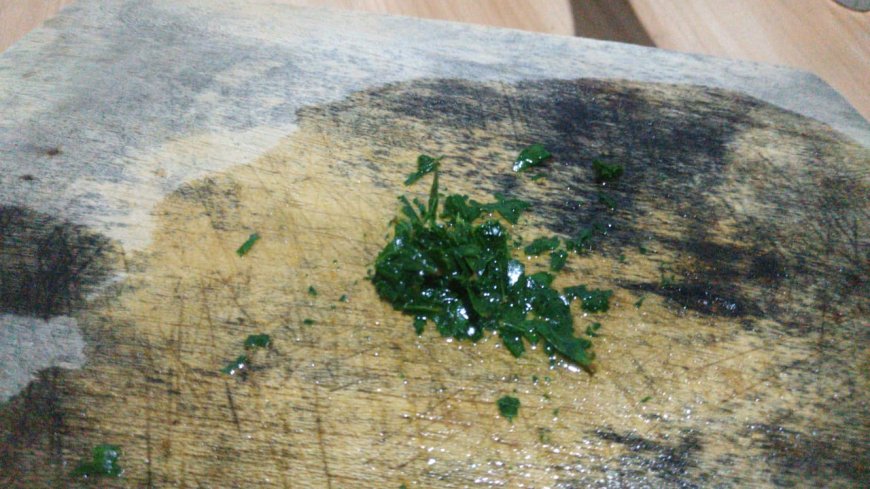
The Process of Making Eucalyptus Oil Using Paste (Source: Private Collection)
Cajuput leaves are an effective traditional remedy for treating skin itchiness due to their natural antiseptic properties, which help relieve irritation, itching, and speed up the healing of the skin. The cajuput plant is not only ornamental but also has been used in traditional medicine since ancient times to treat various ailments.
What makes cajuput leaves particularly effective in treating skin itchiness has been confirmed by several studies showing that their use is effective in alleviating skin itchiness caused by various factors, such as allergies, insect bites, or fungal infections.





































